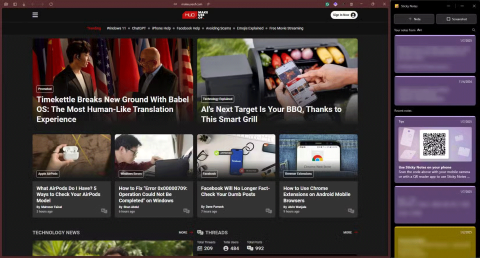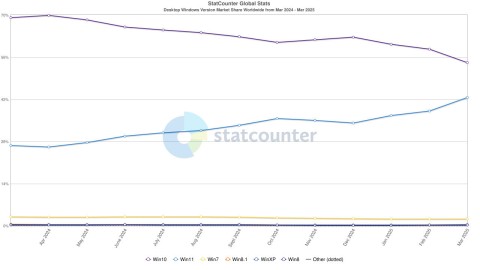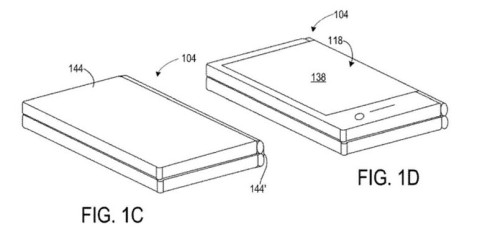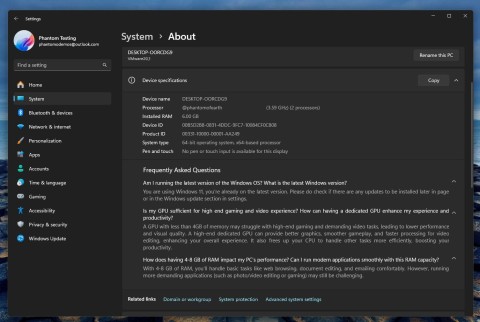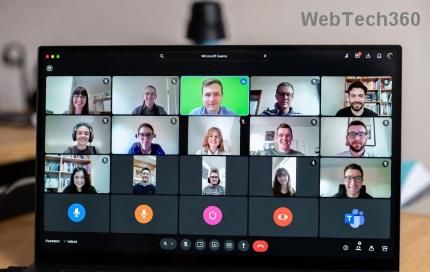Amazon has announced a series of major investments and agreements to support the development of small modular reactors (SMRs) in the United States. These SMRs promise to provide carbon-free electricity at a smaller scale than traditional large nuclear power plants, but still be able to power massive data centers and meet the growing demand for clean energy as Amazon expands its services into generative AI products, all part of the company’s path to achieving net-zero carbon emissions.
Amazon has signed its first agreement with Energy Northwest, a Washington state-based utility. The deal will fund initial feasibility studies for building four SMRs near a nuclear power plant that is expected to be operational in the early 2030s. Amazon will have first access to purchase 320 megawatts of electricity generated by the project. The agreement also includes options to scale up the SMRs to a potential 960 megawatts, enough to power more than 700,000 homes. And, of course, the nuclear reactors will have zero carbon emissions.
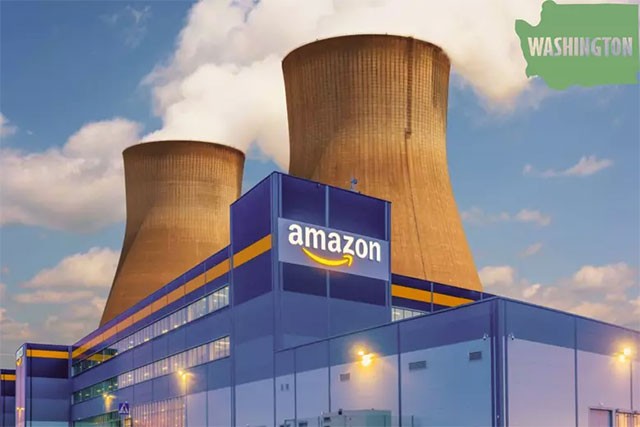
The second deal involves a planned investment in SMR developer X-energy, which has raised $500 million from Amazon to design reactors that could be used in the Energy Northwest project. With Amazon’s support, X-energy plans to finalize reactor design, obtain permits, and build a fuel facility in Tennessee. The company aims to work with Amazon and utilities to deploy more than 5,000 megawatts of SMRs across the United States by 2039.
Amazon’s third deal is with Virginia-based energy company Dominion Energy, which plans to build an SMR near an existing plant. Dominion expects electricity demand in the state to double in 15 years, making SMRs an attractive option.
Nuclear power meets the huge electricity needs of Amazon and other big tech companies struggling to reduce carbon emissions from data center operations.
Amazon's successive major investments come as rivals Microsoft and Google are also looking into clean energy projects for AI development, which requires a lot of electricity.
Nuclear power meets the huge electricity needs of Amazon and other big tech companies, which are struggling to reduce the carbon footprint of their massive data center operations. SMRs can provide a continuous supply of carbon-free electricity without the intermittency of solar and wind. But SMR projects still need regulatory approval and face economic challenges.




